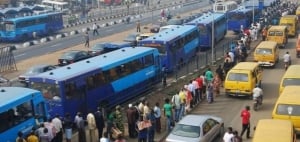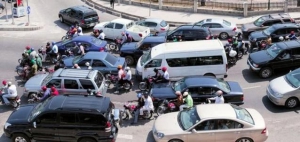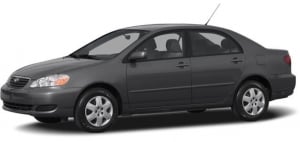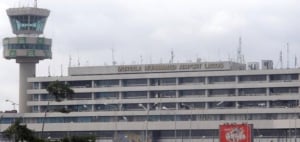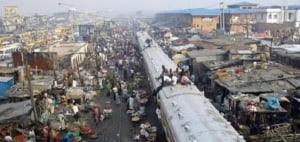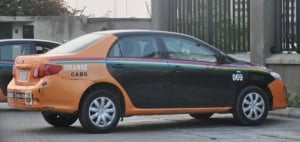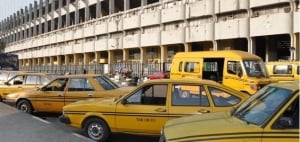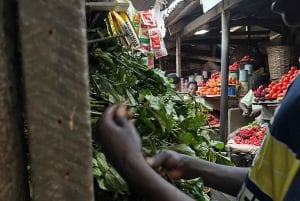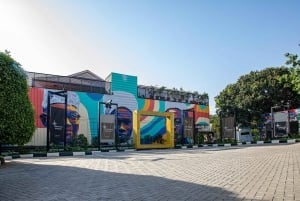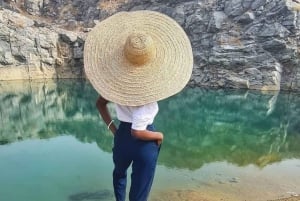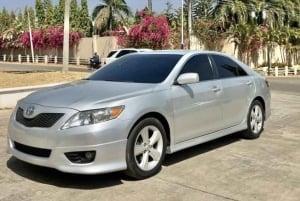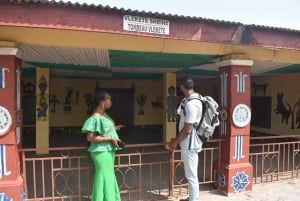Getting Around
Getting around in Nigeria is made all the easier if you are informed of how the transport here works. The most common way for travellers to get from place to place here is by coach, which are usually very modern, comfortable and affordable. Internal flights from region to region are common and fairly good value, and are usually preferable to travelling long distances by road, as conditions on the Nigerian roads are fairly poor in places. Here is our guide to getting around in Nigeria.
Plane:
In Nigeria, air travel is the most stress-free way to travel between cities, and is, in many cases, the fastest. This convenience in travel comes at a price however, and air travel can be expensive when compared with travel by road.
In Lagos there are two local domestic terminals. Be aware that these two domestic terminals are almost 4-5km apart, as such you will need a taxi ride to get from one terminal to the other. Licensed airport taxis are available outside each airport to take you to your final destination.
Nigeria has over 22 airports, almost one close to or in every state. So everywhere it is you are trying to get to theres a route you can take through the sky.
There good scheduled domestic connections with several modern aircrafts to airport destinations at reasonable prices. Their websites are very easy to navigate and are reguarly updated with flight information.
Some local airlines in Nigeria are:
Train
Historically, trains in Nigeria have been used for transporting cargo. Due to lack of investment, rail services in Nigeria are very slow and unreliable. The presidency has plans to invest massively in a nationwide train network, but presently it is not advisable to plan your trip with train travel in mind.
Walking and Bike Riding
Getting around smaller areas is usually best achieved by walking, and this can be adventure on its own. Be prepared for the heat if you decide to do this, as it can get quite hot in the afternoons. The best time to take long walks or leisurely strolls is in the evening when the heat from the sun is much more bearable. Generally, walking along the streets in Nigeria is perfectly safe for everyone. However, be very alert and watch out for cars - especially when crossing a busy street, as drivers rarely stop for pedestrians. As you walk around, you will quickly learn that there aren't always defined pavements for pedestrians, so be very careful. At times, you may find it helpful to ask a traffic warden for help with crossing some roads, if you are ever unsure.
As with walking, take extra care when bike-riding in Nigeria. Try to restrict cycling to localities you are very familiar with, and along good stretches of road, or better still in parks or estates. Bikes are often available to hire in more developed areas.
By Road
Nigeria has a vast network of roads that connect villages, towns, and cities. Unfortunately these roads are not always in the best condition, and can be treacherous during the wet seasons. Drainage across the country is poor, so coming across flooded or eroded roads are quite common.
Nigerian city and road networks are not complex to navigate, but due to the bad conditions of some of them, you may need to seek advice from locals who are familiar with the area and routes. In the major cities, Lagos or Abuja for example, it has become much easier to navigate, with street signs on every corner, which make it muchh easier to locate places and landmarks.
Moving around Nigeria by road is the most common and affordable means of transport; Nigerians travel from one end of the country to the other predominately by road. In every major town or city you will find motor or bus parks where you can board a car or bus headed for your destination usually at a fixed price, and there shouldnt be a need to haggle.
Motor parks are used daily by ordinary Nigerians, and can become very chaotic and crowded places depending on what time of the a day it is, and this is due to the number of people that pass through them. Be aware motor parks can be rife with hawkers, beggars, con men and pick pockets, so be safe, keep your belongings close, and try not to move around on your own. Aslo try and vet your driver if you can and if you are uncomfortable with how you are being driven or spoken to, let it be known.
Driving in Nigeria is a very selfish affair, and care or concern is not given to other users of the roads. So it would not be advisable to drive yourself, until you have become accustomed to the attitudes and customs of other drivers and on being on Nigerian roads. Minor accidents are very common, and the traffic combined with the heat / humidity can make the whole affair seem very hectic.
Try to rememebr peak periods of traffic delays are from around 7am – 9am and 4pm – 9pm so plan your trips by road with this in mind.
It is normal when moving around Nigeria by road in cities and towns, to try and secure the services of knowledgeable driver. There are a multitude of car hire services in all major cities and state capitals. However, please note that car hire in Nigeria comes with an allocated driver and in mostt cases the petrol.
Taxi Companies:
There are no self-drive car hire services or it rather its very uncommon. Car hire services are considered a more luxurious way to travel when compared with taxi and bus services, and so are more expensive. You can usually hire a car for half a day onwards. There are also taxi firms where you can book taxis.
These firms can be reached via phone, or in some cases via the internet and phone apps. These taxis usually have meters and charge for time in the vehicle. In a city like Lagos that has incredible traffic jams, a 20 minute journey could easily become an hour in the blink of an eye, so bear that in mind when using a metered taxi service.
Airport Car Hire services:
If you are not on a very restricted budget, the airport car hire service is another good option when staying for a few days or a longer period. There are various air port car hire and international brand rental car offices at most ariports around the country.
Please Note: For more information on airport car rental, you can visit the Lagos Airport Car Rental website.
Bus Services
All over Nigeria in every city and town there are bus services. In Lagos there a government run bus service called the BRT, with their own dedicated bus lanes along the major high streets. These buses come in two distinct colours: RED and BLUE. The BLUE bus service is cheaper, while the RED buses are in many cases air conditioned.


